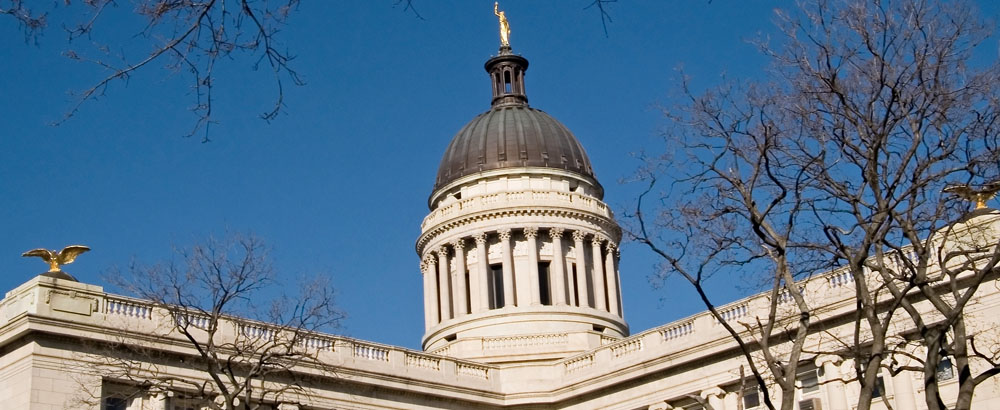If you have a loved one who is unable to care for themselves, a guardianship may be an effective means of ensuring their needs are taken care of. However, there are benefits and costs to having a legal guardian assigned to a loved one, which can have a substantial effect on both your life and the life of your loved one. Here are the pros and cons of a guardianship:
The Pros of a Guardianship
There are a number of potential benefits to a guardianship, including:
- A legal guardian may be appointed of someone’s “person”, of someone’s “property” or both. A guardian of the person generally has the power to make legal and medical decisions on behalf of their ward (the person they are caring for). A guardian of the property generally has the power to manage the ward’s finances and assets to ensure all of their bills are paid and any investments are properly managed.
- A guardian has the sole legal authority to act on a ward’s behalf and should intervene in the event the ward faces potential abuse from people looking to exploit them.
- A guardian is under the supervision of the Court which appointed them. A guardian must regularly report to the Court regarding the ward’s condition and any changes in their circumstances. A guardian of the property is also normally required to file an accounting where the Court must approve how the guardian spent the ward’s assets and paid the ward’s expenses during the guardianship.
- A guardianship appropriately protects a person who did not plan for their potential incapacity via estate planning documents such as a Power of Attorney or Advanced Healthcare Directive.
- Guardians can be removed from their position by the Court if the guardian abuses their authority, fails to act appropriately on the ward’s behalf, or if the ward regains their competency, such as if a minor ward reaches the age of majority, or a sick or injured ward recovers from their ailment.
The Cons of a Guardianship
However, there are certain downsides to a guardianship as well, such as:
- Guardians are appointed by the Court, rather than selected by the ward, meaning the guardian may be someone the ward does not personally know or trust if there is a dispute among family members who should be the guardian, or if no family members step forward to take on the role of a guardian.
- The costs of guardianship proceedings are paid from the assets of the ward, unless the ward has extremely limited assets or no assets at all. The primary costs are usually attorney’s fees. The Court must first appoint an independent attorney to represent the ward. If there is a contest between family members, multiple attorneys are likely to be involved and the case may proceed all the way to trial after several months. In extreme cases, legal fees can exceed several thousands of dollars. The ward can be responsible for all of these legal fees, including for the attorneys appointed by the Court.
- In borderline cases where the ward wants to contest that they need a guardian at all, the ward will need to either retain their own counsel or work with an attorney appointed by the Court to prepare that case, which is often very stressful. A ward contesting incapacity will also need to pay for at least one medical professional to provide a report supporting that they do not need a guardian, or should only need a limited guardianship rather than a full guardianship.
- A guardian must be prepared to make regular reports to the Court about the welfare of their client, including records of all financial transactions.
- Guardians that turn out to be abusive or neglectful can only be removed by the Court, which can be an involved process involving additional Court proceedings and the associated costs that come with that.
- Once a guardian is appointed, the ward’s residence cannot be moved out of the State of New Jersey unless the Court in New Jersey that appointed the guardian and the Court in the county of the state where the ward will be moving both approve of the relocation.
An Alternative to Guardianship
A guardianship proceeding may not necessarily be the right choice for every person. Potential alternatives to guardianship include a Power of Attorney and Advanced Healthcare Directive. While these documents can avoid many of the costs and potential downsides of a guardianship, that requires those documents to be ready before any issues arise that may require the filing of a guardianship. That is why you should make sure to speak to a lawyer with experience handling guardianship matters, who can assist you with your case and get you the best possible outcome.
The attorneys at the Law Offices of Hunziker, Jones, and Sweeney understand that the aging population has specific and diverse needs. The firm helps seniors and their families by handling all aspects of elder law including guardianships, end of life planning, asset preservation, Medicaid planning, and trusts and estates issues. If you need to consult on elder law issues, call The Law Offices of Hunziker, Jones & Sweeney at (973) 256-0456 or fill out our contact form for a consultation.










It made sense when you mentioned that a guardian has the sole legal authority to act on behalf of a ward. My friend wants to hire a guardianship attorney. I should advise him to work with an attorney with a good track record.